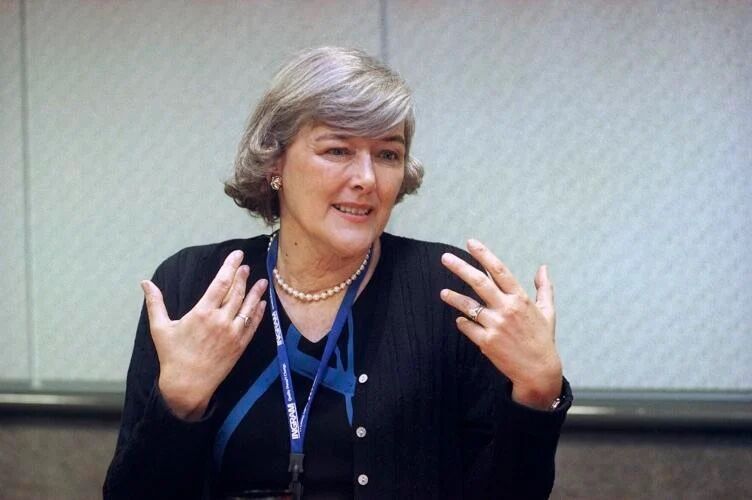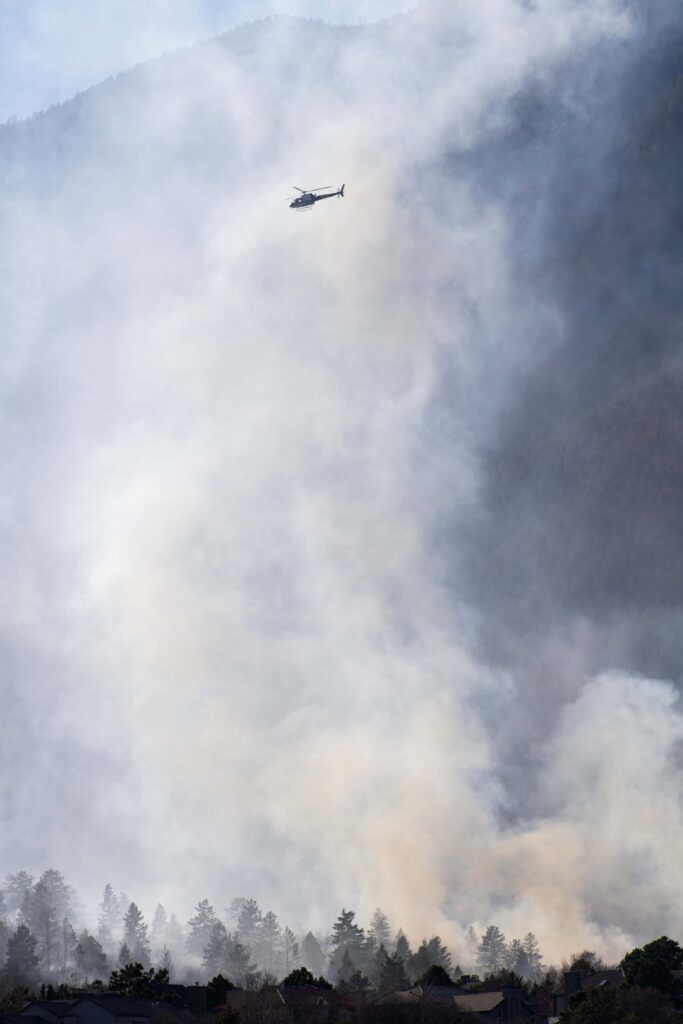Air Quality Control Commission makes power plant, ozone decisions that leave environmentalists wanting

Colorado’s Air Quality Control Commission adopted a plan last week to address the Front Range’s ozone pollution by tightening emissions, as the U.S. Environmental Protection Agency has warned the state about the severity of the problem.
“Without dramatic action to reduce these emissions, those impacts – direct cost to taxpayers, harm to our businesses, hurting our quality of life, posing health dangers – will continue to grow unabated,” Sheridan Mayor Tara Beiter-Fluhr testified on Wednesday in support of the state implementation plan.
As approved, the plan would advance rules applying to sources that put out more than 50 tons per year of volatile organic compounds, as well as other monitoring and permitting provisions. Some advocates labeled the action a starting point, with more to be done.
“Today’s decision should help us move forward, but it feels like a half-step when what we need is to actually solve the problem,” said Golden City Councilor J.J. Trout.
Also last week, the AQCC drew similar criticism from those seeking tougher environmental regulations by reversing its prior decision to accelerate the retirement of three coal power generation facilities: Tri-State Generation and Transmission’s Craig plant, the Platte River Power Authority’s Rawhide plant and the Colorado Springs Nixon plant. The AQCC had initially endorsed a shutdown by 2028 to further emissions reduction targets in the state.
In a statement, the National Parks Conservation Association and Sierra Club called the move one that “missed an important opportunity today for our national parks, public health, and climate.”
However, the effects of accelerated plant closure on the economies in rural areas were also a concern. “Prudent planning for the transition ahead is critical,” wrote two Moffat County officials in Colorado Politics.














